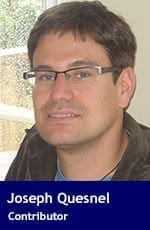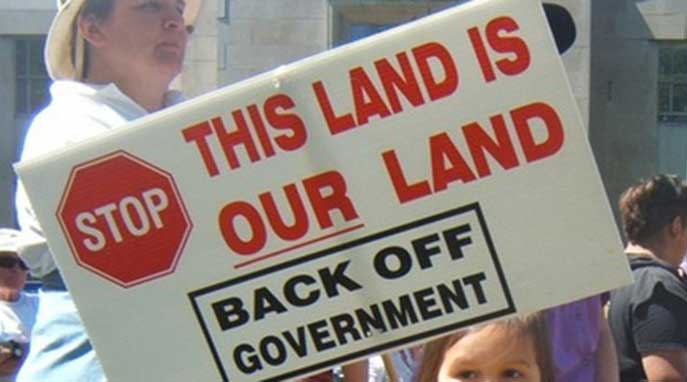 Opposition to the federal government’s plan to transfer title to reserve lands from the Crown to a First Nation government may be based on a misunderstanding of how property rights actually work in Canada.
Opposition to the federal government’s plan to transfer title to reserve lands from the Crown to a First Nation government may be based on a misunderstanding of how property rights actually work in Canada.
Under the proposed First Nations Property Ownership Act (FNPOA), once land title is transferred to a First Nation government that government would have the right to grant property rights to individual reserve residents.
But First Nation and academic critics contend that the legislation is contrary to Indigenous understandings about land and should therefore be opposed on those (as well as other) grounds.
First Nations critics argue individual property rights are Eurocentric and originate in societies where the individual has all the rights. According to one Indigenous website called First Nations in British Columbia, “The courts have said aboriginal rights belongs to the collective Nation and not to the individual members. The right to land is no different and collective rights to lands is one First Nations understand.”
While Aboriginal peoples maintain a strong connection to the land, one that should not be discounted, the question is: can these Indigenous beliefs about land be reconciled with Euro-Canadian conceptions of property?
To answer that question, we must first understand what the common law really says about land.
For instance, is land ownership as ultra-individualistic as some critics assume? While the common law says that individual subjects of the Crown have broad rights to own, use and enjoy property, these rights to private land are ultimately granted by the Crown.
In systems derived from English common law (such as Canada), the Crown is theoretically the ultimate “owner” of all land. By statute or common law, the government has wide powers over land including taxation, expropriation, powers of police, and escheat (the power to transfer land to the state after death when there is no clear heir) So individual rights in our land ownership system are limited and not absolute.
To look at it another way, if the Crown is ultimate owner then there is an element of theoretical collective rights in our system. Contrary to belief, it is not just about the individual.
Fee simple estate – which means that an individual has the freedom to dispose of, mortgage, or place his land as security at will – may be the highest ownership interest possible in our system but it is limited by the Crown’s prerogatives: the collective power of the government over land is always there.
Through the power of expropriation, governments can forcibly confiscate (but with rights to compensation) property for public purposes. However, the definition of public purposes has, over time, widened to include many more grounds for expropriation. This means that a collective (read: governmental) element remains in force in our land system.
Just as in the Indigenous conception of land, the Euro-Canadian conception involves a complicated dance between the individual and the collective (or government). Both parties have roles and responsibilities. It can therefore be persuasively argued that there is room for common dialogue between Indigenous peoples and common law societies about property ownership.
Furthermore, both societies recognize the need to protect the environment, a priority for Indigenous peoples. In fact, the government has, under the common law, the power to regulate the natural environment in favourable ways.
The proposed FNPOA would create strong First Nation governments, with collective powers to control land, level taxation, expropriate for public purposes and of escheatment. First Nation governments would also have powers to designate public lands, just like any government.
Before Indigenous critics reject individual property rights and criticize the First Nations Property Ownership Act, they ought to seriously question if they have a fair understanding of those rights to begin with.
Joseph Quesnel is an Aboriginal policy analyst.
Joseph is a Troy Media contributor. Why aren’t you?
The views, opinions and positions expressed by columnists and contributors are the author’s alone. They do not inherently or expressly reflect the views, opinions and/or positions of our publication.


